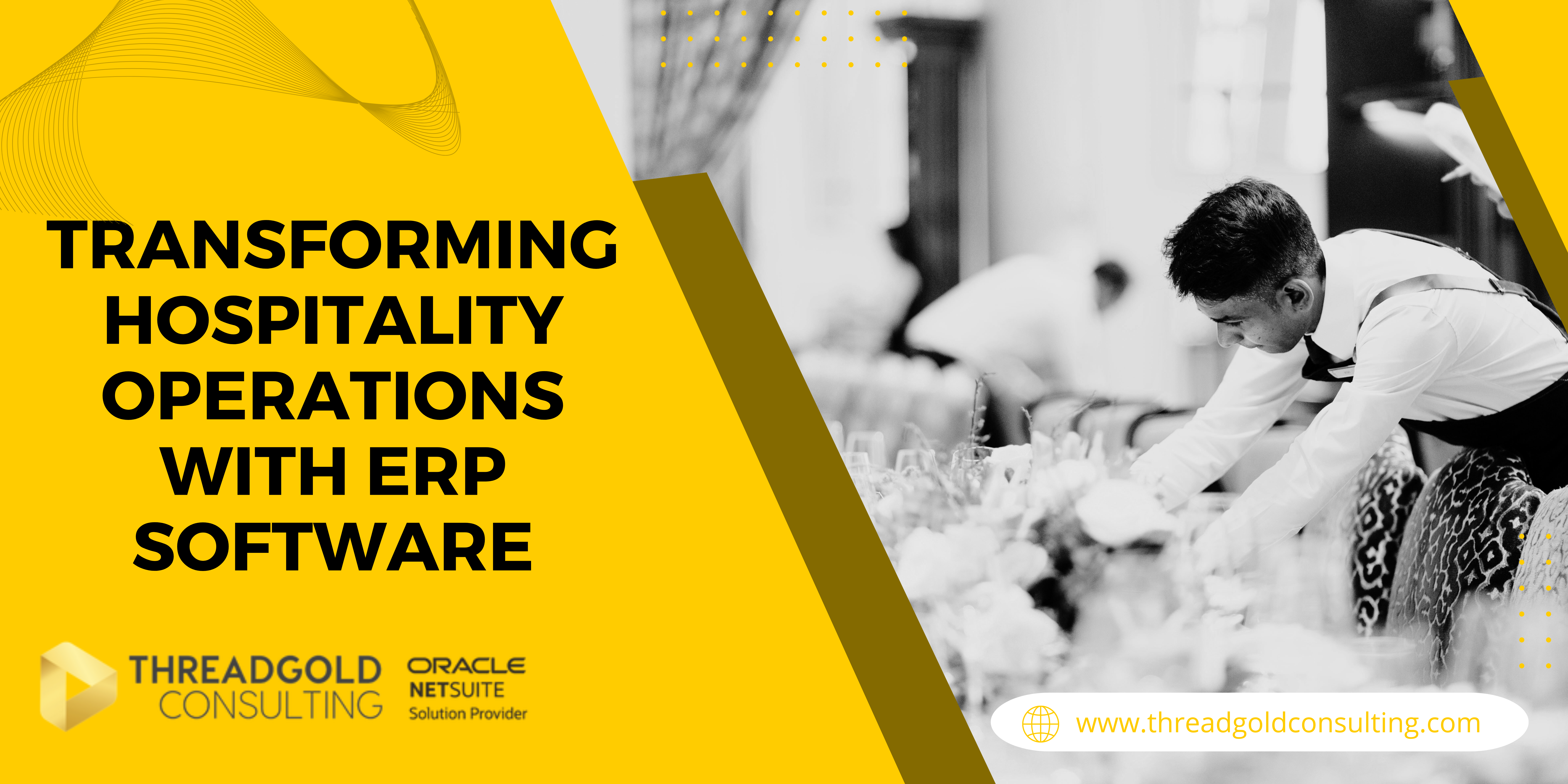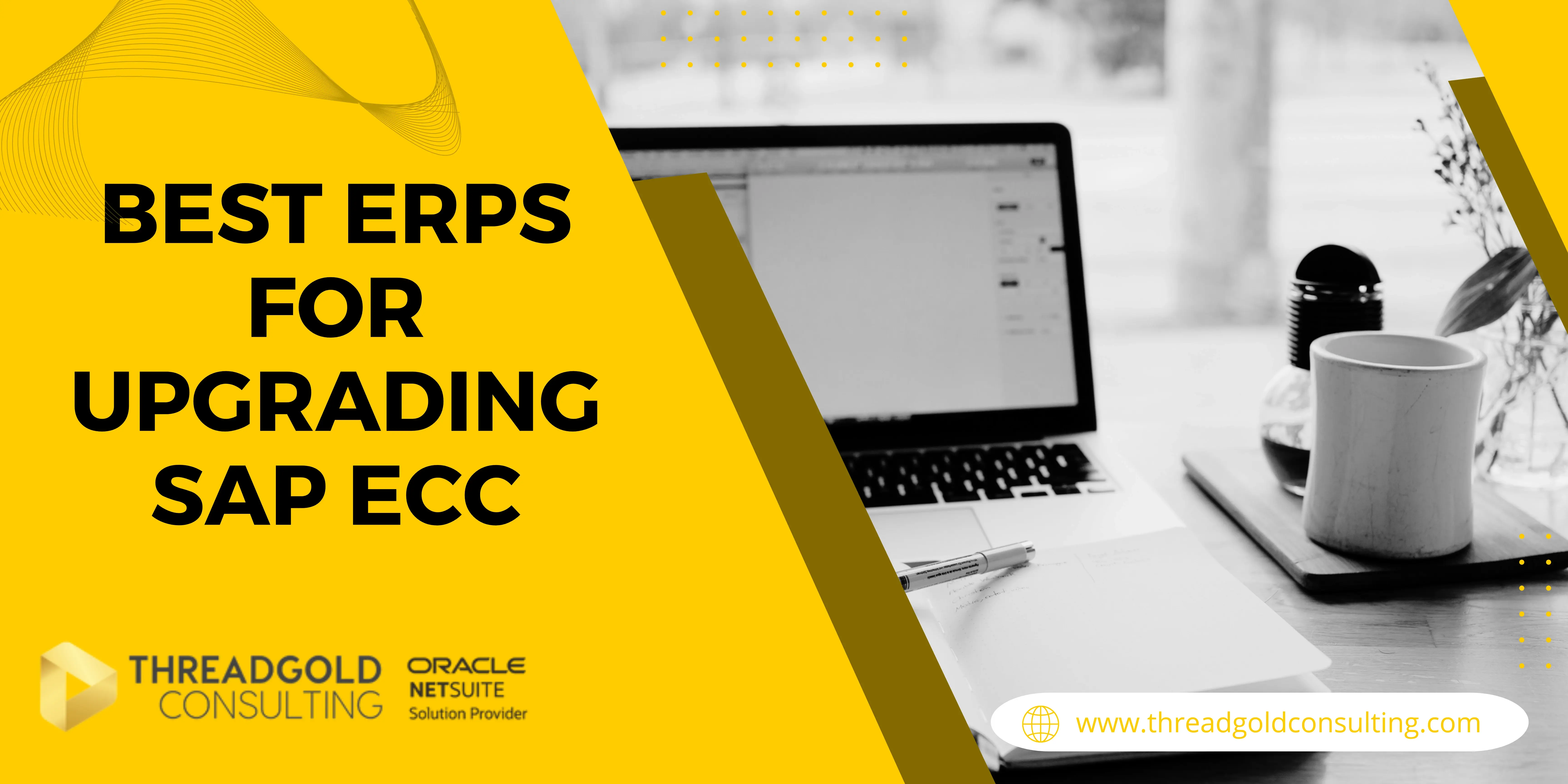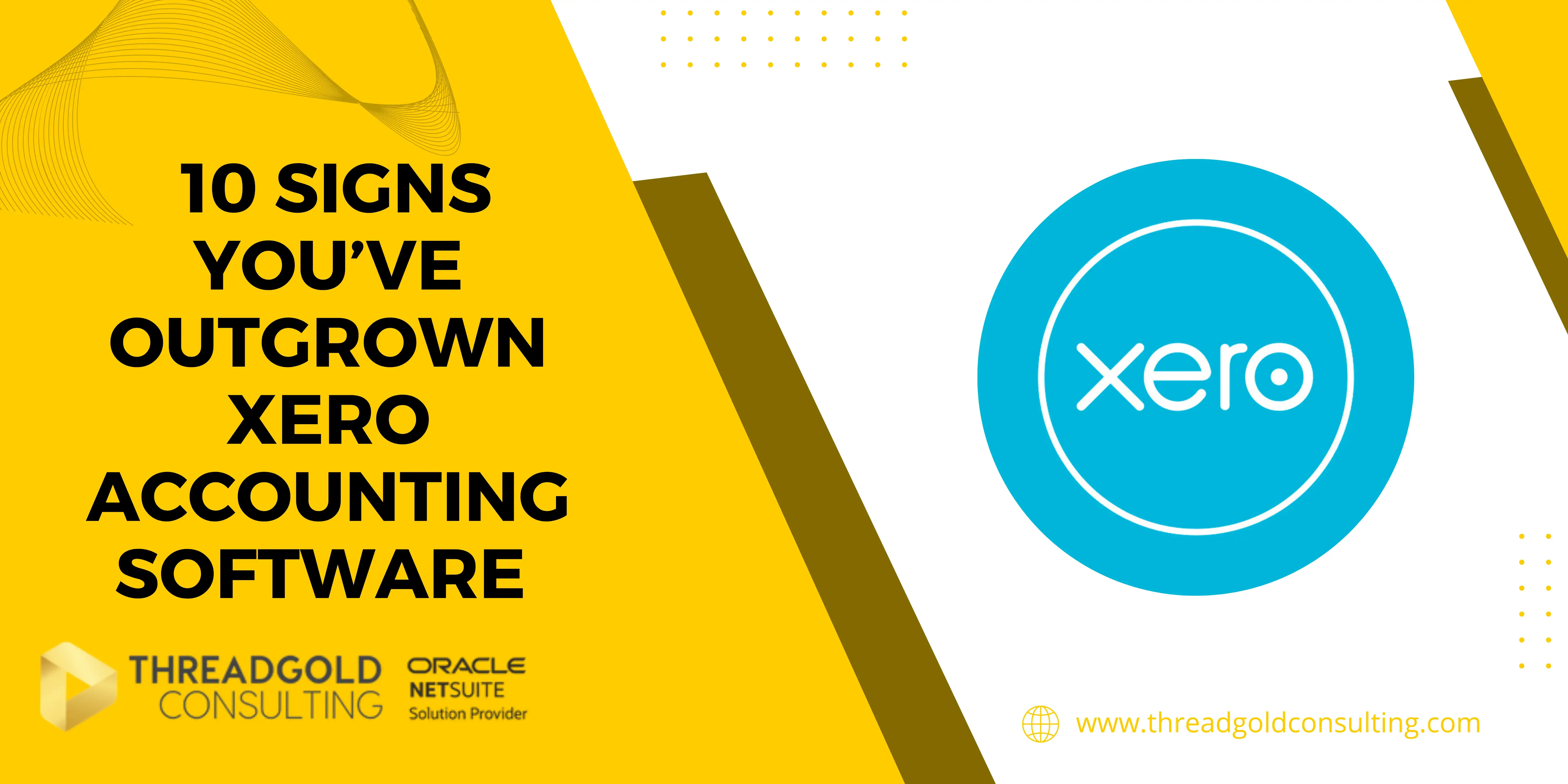Picture this: It's peak season at a bustling seaside hotel. The front desk is juggling check-ins while fielding availability calls. Housekeeping scrambles with room assignments through walkie-talkies. The kitchen runs dangerously low on ingredients during evening rush. Meanwhile, the GM stares at multiple screens, struggling to get real-time visibility.
This chaos plays out daily in hotels worldwide. The difference between hotels that thrive and those that survive? How well they orchestrate operational complexity.
The most successful hotels are the ones that use Enterprise Resource Planning (ERP) technology as their operational backbone.
The Complexity of Hospitality
Keeping a hotel functioning is a lot more complicated than most people may think, due to the countless moving parts.
You've got the consolidation of various booking systems, room availability dependent on housekeeping schedules, maintenance requests relying on sound inventory management, and food and beverage orders coming from all over the place. One breakdown can create ripple effects throughout the entire operation.
The average hotel uses 8-12 separate systems, each containing valuable data trapped in silos. This fragmentation creates three critical problems:
Revenue leakage happens when systems don't communicate. Front desk can't upsell spa services because they don't see availability. Group bookings conflict with maintenance schedules. Restaurants miss cross-selling opportunities because guest preferences aren't shared.
Guest experience failures occur at every system boundary. Check-in delays from conflicting room status data. Billing disputes from non-integrated outlet charges. Service requests lost between departments.
Staff productivity drains consume hours daily. Manual data entry across platforms. Reconciling conflicting information. Constant system switching during guest interactions.
The result? Hotels leave money on the table while frustrating both guests and staff.
Key ERP Features Essential for Hospitality
Keeping in mind that there are so many moving parts to a hospitality business, ERPs need to provide certain essential features. They need to accommodate the fact that hotels sell experiences, not products.
These systems handle perishable inventory that can't be stored, real-time guest needs, and dynamic pricing based on demand fluctuations. As such, modern hospitality ERP transforms operations through five core features.
Unified Property Management
Modern hospitality demands real-time visibility and control across every aspect of property operations. Advanced ERP systems provide instant access to room inventory status, enabling front desk staff to make informed decisions about availability, upgrades, and guest placement without delays or confusion.
Dynamic pricing optimization engines continuously analyse market conditions, competitor rates, seasonal trends, and local events to automatically adjust room rates in real-time, maximising revenue potential while maintaining competitive positioning.
Automated workflow coordination transforms how departments communicate and collaborate. When housekeeping updates a room's status, maintenance receives automatic notifications for any required repairs, while front desk staff immediately see availability changes.
This seamless coordination eliminates the communication gaps that traditionally cause guest dissatisfaction and operational inefficiencies, ensuring every department works with the same accurate, up-to-date information.
Financial Integration
Traditional accounting software falls short when it comes to the hospitality industry's complex needs, where multiple revenue streams, varied payment methods, and industry-specific requirements create unique challenges.
Comprehensive ERP systems can handle the intricate and complex billing processes across all hotel outlets - from restaurant charges and spa services to conference room rentals and minibar consumption - automatically consolidating these transactions into comprehensive guest folios.
Multi-currency accounting capabilities ensure accurate financial reporting for international properties and guests, handling exchange rate fluctuations and currency conversions seamlessly.
Hospitality-focused revenue recognition features comply with industry standards, properly accounting for advance deposits, group bookings, and seasonal revenue patterns that generic accounting software cannot manage effectively.
Smart Inventory & Procurement
Effective inventory management extends far beyond simple stock tracking in the hospitality industry. Intelligent ERP systems monitor everything from perishable food items in multiple restaurants to housekeeping supplies across hundreds of rooms, maintaining optimal stock levels while minimizing waste and carrying costs. These systems track usage patterns, seasonal variations, and consumption trends to predict future needs accurately.
ERPs also provide automated reordering in order to eliminate stockouts and reduces manual purchasing tasks. They do this by establishing intelligent reorder points based on usage history, lead times, and minimum quantity requirements.
Finally, integrated cost control analytics provide detailed insights into spending patterns, vendor performance, and cost per occupied room metrics, enabling procurement managers to negotiate better contracts and identify cost-saving opportunities that directly impact the bottom line.
Workforce Optimization
Labour costs represent one of the largest expenses in hospitality operations, making intelligent workforce management crucial for profitability. ERP's workforce optimization systems can analyse historical occupancy data, seasonal trends, local events, and booking patterns to generate accurate demand forecasts that drive intelligent staff scheduling decisions.
This predictive approach ensures adequate staffing during busy periods while avoiding unnecessary labour costs during slower times.
ERPs also provide performance tracking capabilities that monitor employee productivity, guest satisfaction scores, and service delivery metrics across all departments. The system identifies top performers, highlights training opportunities, and provides managers with actionable insights to improve team effectiveness.
Centralised Guest Data & CRM Integration
Exceptional guest experiences rely on consistent, informed service — whether a guest is booking a room, dining at the hotel restaurant, or returning for a future stay. Hospitality ERPs with built-in or integrated CRM capabilities centralise guest data across all departments and locations.
This includes booking history, room preferences, special requests, and previous feedback, making it easier for staff to deliver a personalised yet consistent experience without having to ask repeat guests for the same information twice.
By maintaining a single source of truth for guest records, ERPs eliminate fragmented data across systems, reduce errors, and enable a higher standard of service delivery.
This also supports targeted marketing campaigns, loyalty programme management, and guest engagement strategies, helping properties not only meet expectations, but strengthen repeat business and brand loyalty.

The Business Benefits of Implementing an ERP
Hotels implementing comprehensive ERP systems typically see dramatic improvements across three key areas:
Operational Excellence
Hospitality ERPs drive efficiency by connecting key operational functions in one platform. Routine tasks like room status updates, housekeeping coordination, billing consolidation, and reporting are handled through automated workflows that reduce manual effort and minimise communication delays between departments.
With centralised dashboards and real-time reporting, managers gain full visibility into property operations. They can track room turnover times, service delivery bottlenecks, and occupancy trends as they happen — enabling faster, data-driven decisions that improve responsiveness and reduce disruption.
Financial Performance Impact
The financial value of ERP adoption is typically seen in two areas: increased revenue visibility and tighter cost control. By unifying data from all revenue-generating departments; rooms, food and beverage, events etc, ERPs allow for more accurate forecasting, improved budgeting, and a clearer view of property-level performance.
While exact figures vary, most hospitality businesses experience gradual margin improvement as inefficiencies are removed and processes become more repeatable. Cost savings often come from reduced administrative burden, better inventory control, and more accurate labour scheduling, leading to a measurable return on investment over the first 1–3 years post-implementation.
Guest Experience
ERPs support better guest experiences by giving staff immediate access to relevant operational and guest-related data. Integrated systems mean front desk teams can check availability, apply discounts, process payments, and handle special requests from a single interface, streamlining interactions and reducing wait times.
While personalisation is typically handled by integrated CRM tools, having a centralised database ensures consistent service. For example, guest preferences captured during previous stays can be made visible to relevant departments, enabling small but meaningful touches that improve satisfaction and support brand loyalty.
Why NetSuite Stands Out in Hospitality ERP
NetSuite offers a combination of flexibility, scalability, and industry-relevant functionality that makes it particularly well-suited to the hospitality sector. Here are five reasons it outperforms other ERP systems in this space:
- Built for Multi-Entity, Multi-Location Operations
NetSuite was designed with multi-subsidiary businesses in mind, making it ideal for hotel groups and hospitality brands with multiple properties. It supports consolidated reporting, local tax compliance, and currency conversion across global locations — all from a single platform. This allows corporate teams to maintain oversight while enabling each property to operate with the flexibility needed for local market conditions.
- Real-Time Financial Visibility Across All Departments
Hospitality operations often have fragmented revenue streams — accommodation, dining, events, spa services, and more. NetSuite consolidates these into one financial system, providing clear visibility into performance by department, outlet, or property. This unified view enables faster, more confident decision-making and streamlines month-end close processes.
- Strong Native Integration Capabilities
NetSuite’s open API framework and SuiteCloud development platform make it easier to integrate with property management systems, point-of-sale software, booking engines, and other hospitality-specific tools. This reduces reliance on spreadsheets or disconnected software, improving data accuracy and team efficiency. With the right integrations in place, staff can work from a single source of truth, avoiding errors and duplication.
- Cloud-Native and Always Accessible
As a true cloud solution, NetSuite requires no on-premise hardware or maintenance. It’s accessible from any device, anywhere, which is crucial for 24/7 businesses like hotels that need constant operational access. Regular system updates and built-in security patches are handled automatically, reducing IT workload and ensuring ongoing compliance.
- Scalable to Support Growth
Whether you're operating a single boutique hotel or expanding into a multi-brand hospitality group, NetSuite can scale alongside your business. New properties, departments, and revenue streams can be added without the need for costly system migrations or bolt-on solutions. This future-proof architecture ensures long-term value and supports continuous improvement as business needs evolve.
For more insight into NetSuite and it's costs, check out our detailed NetSuite pricing guide.

Your Path to Transformation
Ready for ERP? Key Indicators:
Your hotel is ready for ERP transformation if staff waste hours on manual data entry, revenue leaks through poor coordination, guest service suffers from information gaps, or strategic decisions rely on outdated data.
Getting Started
Begin with a comprehensive assessment of current systems and performance baselines. Involve key stakeholders from all departments—operations, finance, IT, and department heads who understand daily operational challenges.
Important questions for potential vendors include their specific hospitality implementation experience, availability of pre-built functionality, integration capabilities with existing systems, and proven implementation methodology.
Building internal support requires clear communication about ERP benefits, realistic timeline expectations, and involvement of key staff in solution selection and planning.
The Future is Now
The hospitality transformation is already underway. Guest expectations rise daily, operational complexity increases, and competitive pressures intensify.
Hotels embracing comprehensive ERP technology gain sustainable advantages: operational excellence through integration, revenue optimization through intelligence, guest loyalty through personalization, and staff satisfaction through efficiency.
NetSuite provides the comprehensive, cloud-native platform with proven hospitality expertise to revolutionize your operations, enhance guest satisfaction, and drive competitive advantage.
Ready to transform your hospitality operations? Contact our NetSuite hospitality specialists today for a personalized consultation and discover how ERP can revolutionize your hotel's performance.





.png)

